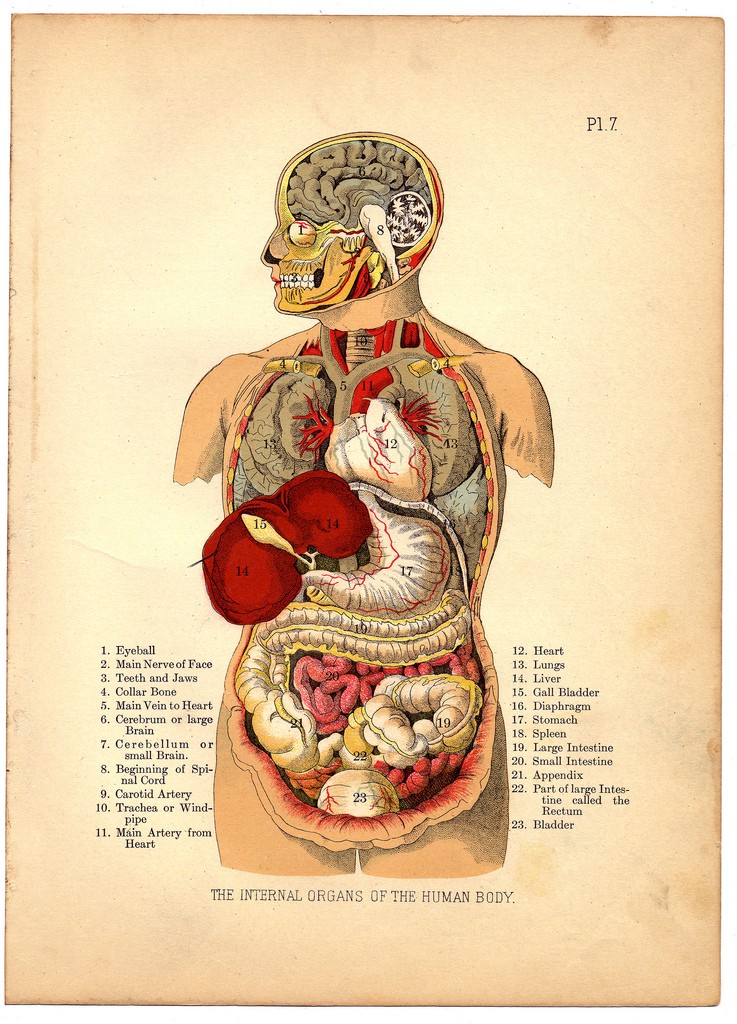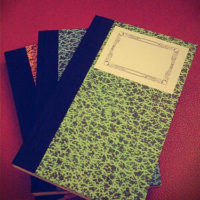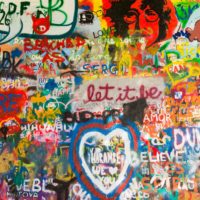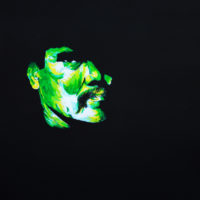Your words are in your body. A writer’s best thinking arises from your other organs, not your brain.
Your stories are not warehoused between your ears.
Like most, you probably assume your stories are warehoused between your ears. But to rely solely on your brain, my friend, is holding you back. The best way to develop your unique voice, as a writer, is to get to know your body from the inside out.
Your personal reference library.
Your memories, your stories, your visceral emotions are all part of your personal reference library. And that library lies within your body. Most of you are not making use of it. Neither sitting in a chair, nor vigorously exercising, provide entry to your memories, the scarred-over cracks in your armor, the internal spasms and orgasms that make you who you are.
X: Your words are in your body. A writer’s best thinking arises from your other organs, not your brain.
The story of you.
Too many of us are addicted to Google search and no longer set foot in a library. There are books in there. Their covers are alluring. A seductive aroma wafts from their pages. Armed with a library card, you gain access to them. Walk among the rows of bookshelves, sporting colorful spines of countless books, and surrender to a smorgasbord of temptation. Each title entices you to pluck it off the shelf, open its pages and bury your nose in it. This is your worldly reference library and, for book lovers, it is an aphrodisiac.
But it does not contain the story of you. Your signature stories reside within your physical organism. Your body. To which you have access every single minute of the day. Except for your uncanny ability to avoid knowing yourself. Humans tend to divorce themselves from the body in order to endure pain. We do it with chronic shallow breathing patterns, tensing our muscles, numbing ourselves with substances, activities, social media, etc.
The first step to breaking through your self-imposed barriers and discovering your internalized stories is learning how to breathe. Your attention to your breath will make or break you as a writer.
They say you’re a writer if you write. Although I love some of the people who espouse this, I must object. I’ll concede that if you write, you produce writing. But for me the word “writer” is sacred. (Don’t even get me started on “author.”) I don’t care how much writing you’ve produced already. As the Italians in my old neighborhood used to say, “That’s just words.”
You are not a truly creative writer unless you tune in to the myriad of experiences you are having every single second in your body.
The most logical place to begin is with your breath. Why? You can survive for about three weeks without food, three days without water, and 10 days without sleep. Stop breathing for three minutes and it’s all over. Need I say more? You will no longer have access to your personal reference library: the sensations in your body!
You’ve divorced your body. It’s time to reconcile.
Take a moment, right now, and pay attention to your breath. Inhale through your nostrils and feel the flow of air coursing through your nasal passages. Notice the sensual experience of breath moving along your nasopharynx, into the oral pharynx, down the glottis, trachea and into your lungs. (Or, for those of you who are stuffy-nosed, describe the feeling of congestion.)
Just so the mouth breathers don’t feel discriminated against, this exercise is just as valid for you. The point is, experiencing your breath in this way is quite different, isn’t it?
Exhale through your mouth as if blowing through a straw. Notice the movement of your breathing through your chest, your lungs, your ribcage, your whole body. You may yawn. If so, enjoy the pleasant relaxation of yawning.
Allow your body to move with your breath — you may sway. This is your personal rhythm making itself felt … have you ever paid attention to your physical rhythm from the inside-out before? Sure, you’ve danced to music. But how about the orchestration playing inside you? That music is all your own, just waiting to be discovered and expressed in your writing.
Lift your arms over your head. Stand up and see if you have the urge to stretch more fully … or move from foot to foot … feel your internal dance. Find your rhythm. Are your feet tapping fast? Are your arms waving slowly like palm fronds? Is your pelvis spiraling like a hula hoop-er?
When you are ready, start writing. Describe, in detail, what you felt in your body. Your words are in your body. Let them out. The memories, associations, stories and creativity will amaze you.
There’s the possibility that paying attention to your breath causes some anxiety. Not to worry. This is juicy material. As a writer, you have the power to detach from the anxiety and be a good observer. Write down the sensations of anxiety and let a story start to form. Don’t make sense of it too soon … just spill the anxious sensations onto the page, rather than storing them in your body.
Brainy or Full-Bodied?
At the very least, these exercises will shake off the cobwebs forming around your chair, and bring you back to your writing energized and oxygenated. Would you rather be a brainy writer or a full-bodied writer? Medical science has discovered that the brain in your head is not the only brain. Your stomach is now called your second brain.
The body is communicating with itself in all kinds of mysterious ways. Let it communicate with you! Use a full-bodied approach to writing. Your creativity will increase exponentially. You’ll never suffer from writer’s block again. Instead, you will enjoy a tidal wave of ideas as words pour out of your body.
I call this process “Embodied Writing: The Experiential Approach to Being A Writer.” It’s a combination of psychology, mindfulness, self-awareness, artistry and more. If you’d like to explore private coaching with me, email [email protected] and we’ll set up a free consultation to see if we’re a good fit. If you’re not already on my email list, sign up below 🙂
Take Your Writing to the Next Level
As a AWA Certified Creative Writing Teacher and a Gestalt psychotherapist, I’ve developed unique, potent ways for you to delve deep, liberate your true voice, and find the courage to express yourself in the world.





